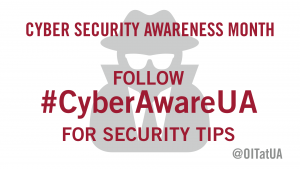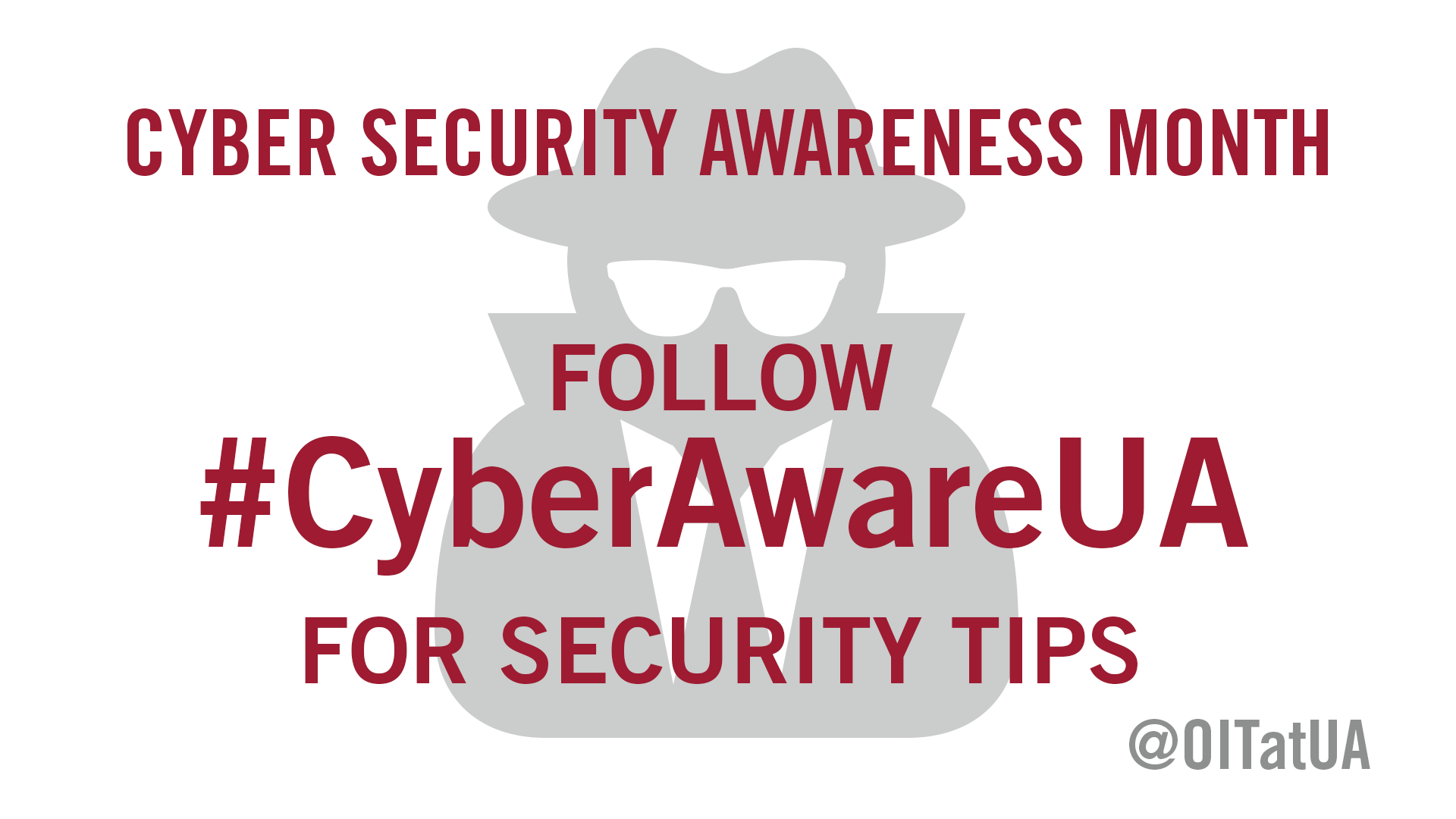 Recently, some current University of Alabama students and recent graduates have been the target of scams related to fraudulent job postings on several non-UA websites. The student or graduate applies for a position online and a few days later that person receives an email saying they have been hired and will soon receive money to buy items needed for the job. Individuals receive a check and eventually are asked to return part or all of the money they have received. The check is a fake and the job applicant loses money.
Recently, some current University of Alabama students and recent graduates have been the target of scams related to fraudulent job postings on several non-UA websites. The student or graduate applies for a position online and a few days later that person receives an email saying they have been hired and will soon receive money to buy items needed for the job. Individuals receive a check and eventually are asked to return part or all of the money they have received. The check is a fake and the job applicant loses money.
The University of Alabama Career Center and UAPD advise students to be aware of any suspicious emails, messages or job postings concerning job opportunities. While there may be legitimate emails from companies sending notifications of job opportunities, students should be on the lookout for fraudulent messages. Red flags include emails with poor grammar, spelling errors, email addresses that do not match the company name or website address (especially Gmail, Hotmail, or AOL accounts), lack of specific job information, or requests for personal information. Students should never pay money as part of a job application or agree to accept money for work they have not done. All applications for UA jobs must be completed at http://jobs.ua.edu/.
Questions about messages received as part of a job search can be directed to the Career Center at (205) 348-5848 or career@ua.edu, or contact Linda Carden, campus recruiting specialist, at lycarden@ua.edu or 205-348-2128.
Also, any suspicious job postings or emails should be reported to The University of Alabama Police Department at 205-348-5454.
University Cyber Security Resources
The University of Alabama Office of Information Technology offers resources regarding cyber security and IT risk bulletins, and FBI warnings about scams and other threats at https://oit.ua.edu/security/.
Topics include the following and more:
- Password problems and solution.
- Mobile/smart phone security.
- Best practices for PC and Mac computers.
- Phishing attempts.
